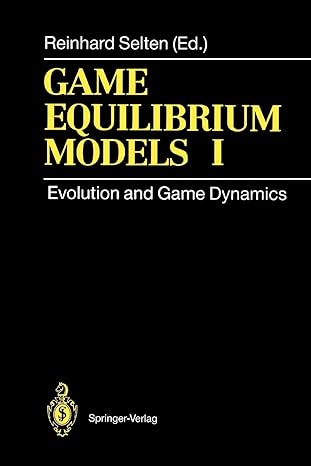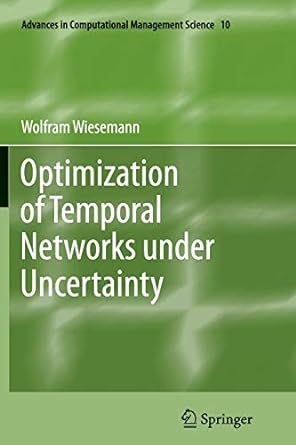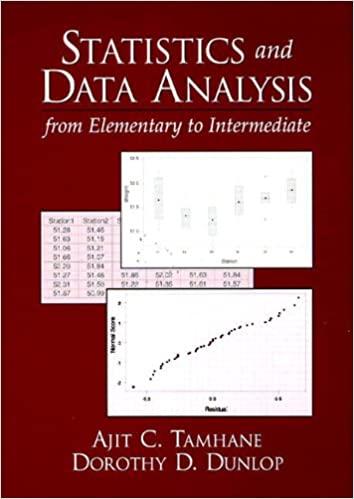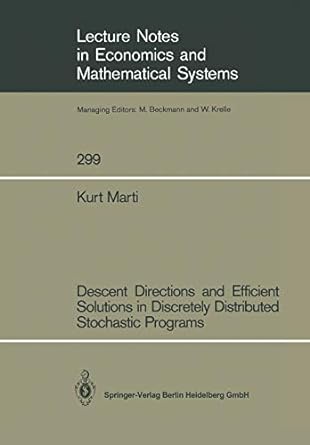Go back


Game Equilibrium Models I Evolution And Game Dynamics(1st Edition)
Authors:
Reinhard Selten ,I. Eshel ,J.W. Friedman ,R. Gardner ,P. Hammerstein ,P.F. Hoekstra ,Y. Iwasa ,D. Messick ,M. Morris ,H.J. Poethke ,R. Selten ,A. Shmida ,F.J. Weissing

Cover Type:Hardcover
Condition:Used
In Stock
Include with your book
Free shipping: April 23, 2024Popular items with books
Access to 3 Million+ solutions
Free ✝
Ask 10 Questions from expert
200,000+ Expert answers
✝ 7 days-trial
Total Price:
$0
List Price: $54.99
Savings: $54.99(100%)
Book details
ISBN: 3642081088, 978-3642081088
Book publisher: Springer
Get your hands on the best-selling book Game Equilibrium Models I Evolution And Game Dynamics 1st Edition for free. Feed your curiosity and let your imagination soar with the best stories coming out to you without hefty price tags. Browse SolutionInn to discover a treasure trove of fiction and non-fiction books where every page leads the reader to an undiscovered world. Start your literary adventure right away and also enjoy free shipping of these complimentary books to your door.
Game Equilibrium Models I Evolution And Game Dynamics 1st Edition Summary: There are two main approaches towards the phenotypic analysis of frequency dependent natural selection. First, there is the approach of evolutionary game theory, which was introduced in 1973 by John Maynard Smith and George R. Price. In this theory, the dynamical process of natural selection is not modeled explicitly. Instead, the selective forces acting within a population are represented by a fitness function, which is then analysed according to the concept of an evolutionarily stable strategy or ESS. Later on, the static approach of evolutionary game theory has been complemented by a dynamic stability analysis of the replicator equations. Introduced by Peter D. Taylor and Leo B. Jonker in 1978, these equations specify a class of dynamical systems, which provide a simple dynamic description of a selection process. Usually, the investigation of the replicator dynamics centers around a stability analysis of their stationary solutions. Although evolutionary stability and dynamic stability both intend to characterize the long-term outcome of frequency dependent selection, these concepts differ considerably in the 'philosophies' on which they are based. It is therefore not too surprising that they often lead to quite different evolutionary predictions (see, e. g. , Weissing 1983). The present paper intends to illustrate the incongruities between the two approaches towards a phenotypic theory of natural selection. A detailed game theoretical and dynamical analysis is given for a generic class of evolutionary normal form games.
Customers also bought these books
Frequently Bought Together
Top Reviews for Books
Sara James
( 5 )
"Delivery was considerably fast, and the book I received was in a good condition."










